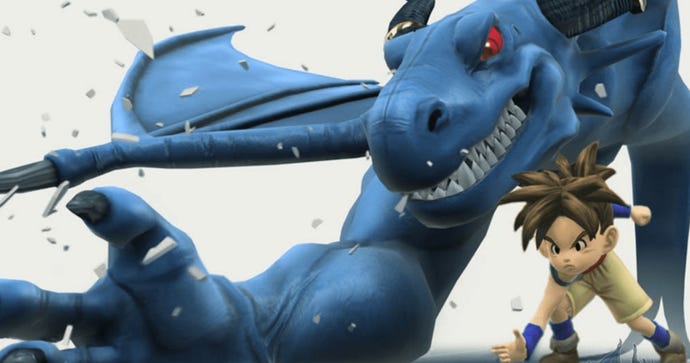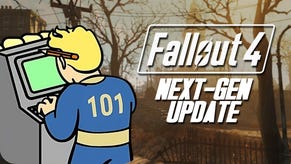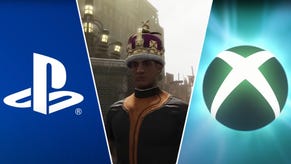Remember When... Xbox 360 Tried to Conquer Japan?
Microsoft's attempts to win over Japanese gamers, and why it ultimately failed.
This article first appeared on USgamer, a partner publication of VG247. Some content, such as this article, has been migrated to VG247 for posterity after USgamer's closure - but it has not been edited or further vetted by the VG247 team.
It was a brand new generation, and Microsoft was determined to learn from the mistakes of the past. Sounds familiar, right? Only this was 2004, and recently-hired VP Peter Moore was telling Nikkei Business that Xbox wouldn't repeat its failure in Japan.
It wasn't as if the Xbox had sold particularly well anywhere else, of course. It was only barely able to beat the GameCube in total worldwide sales, its 24 million units lagging well behind any of its successors. For comparison, the PlayStation 2 was the bestselling console ever with a whopping 155 million units sold. But it was particularly bad in Japan. Unconfirmed figures suggest that it moved around 500,000 units in the heartland of PlayStation and Nintendo—barely two percent of the original Xbox's sales.
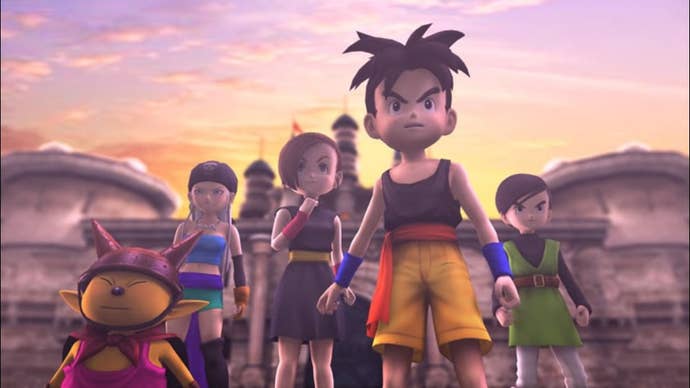
Determined to close the gap with the new Xbox 360, Microsoft got aggressive. Its first move was to sign an exclusive deal with former Final Fantasy producer Hironobu Sakaguchi, who was in the process of starting his own studio. In a 2005 interview with IGN, Moore recounted meeting at Sakaguchi's house in Maui, which eventually led to a deal that was cemented "over a very expensive bottle of sake, which was so good, it shouldn't have even been drunk."
Moore continued, "Japan is the cradle of the game industry and the home of very creative and innovative minds, and it's vital to see the Xbox as a viable competitor in that area. The Japanese market is a very large priority for us for both first-party development and third-party developers and publishers. It's a main priority for me in the next 12-18 months to ensure Japanese developers are our partners. Microsoft is making very serious moves that will have global repercussions over a long period of time; this is an investment that will pay off in the future, and will be a platform-driving set of games for our next-generation system."
Moore was true to his word. At Tokyo Game Show (TGS) later that year, Microsoft formally announced the console's release date. When the Xbox 360 launched in Japan that December, it was followed closely by Dead or Alive 4, which was pitched heavily toward Japanese audiences. Other exclusives followed, including Tales of Vesperia, Star Ocean, and The Last Remnant. Square Enix shook the games industry when it revealed that Final Fantasy 13 would also be coming to Xbox 360—a major coup for Microsoft.
Nevertheless, success failed to follow. The Xbox 360 barely moved the needle when it launched in Japan. Blue Dragon drew large crowds at TGS 2006, but that high interest failed to translate into sales. During the holiday rush in 2007, the Xbox 360 was the only console to see its sales drop.
Probably its most notable success was Tales of Vesperia, which actually saw Xbox 360 consoles sell out in Japan in 2008. Idolmaster enjoyed a cult audience. But even hits like Vesperia were only moving a couple hundred thousand units.
Part of the problem was that consoles were declining as a whole in Japan. Japanese gamers showed little interest in major next-gen features like online play and high-definition graphics, gravitating instead toward handhelds like the Nintendo DS and the PSP. The standard-definition Wii dominated the market, and the PlayStation 2 continued to be well-supported all the way through 2009.
In the end, Japan wasn't quite the prize Microsoft expected it to be. Four years after Moore's announcement that Japan was a "large priority" for Japan, Mega Man designer Keiji Inafune declared that the Japanese games industry was "finished." It would eventually recover creatively—Demon's Souls was released that same year—but Japan's wholehearted embrace of mobile gaming would continue to depress traditional game sales. Even today, few games outside of industry standards like Monster Hunter, Final Fantasy, Dragon Quest sell more than a few hundred thousand units in Japan.
Japanese developers would go on to success in other countries. As for Microsoft, while the Xbox 360 was by far its most successful console ever, it never really did catch on in Japan.
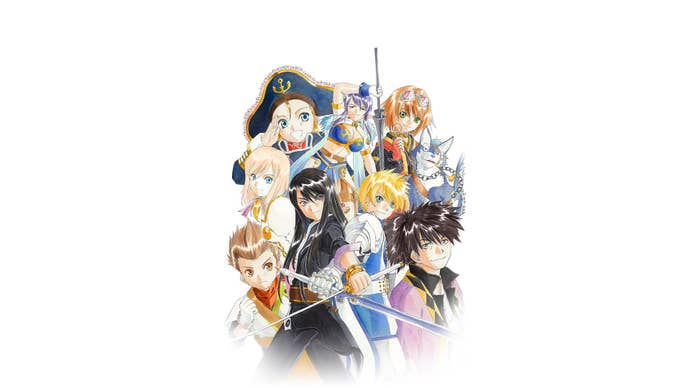
"Probably one of the reasons is because PlayStation is a domestic brand in Japan," Inafune told IGN in 2013. "As a Japanese [person], I think it's only natural you feel closer or attached more to domestic products and I find myself being that way too. When you see two products with similar features and one is from your own country and the other is from foreign countries, it's easy to pick the one from your own country."
With 2020 now upon us, Microsoft is once again spinning up the next-generation hype machine. But while Microsoft executive vice president of gaming Phil Spencer says Microsoft is "committed to bringing innovative and homegrown content from Japan’s leading game creators to a global audience," it almost certainly won't be making a strong push to win the hearts and minds of Japanese gaming enthusiasts this time around. The Japanese games industry is far from "finished," but Microsoft's ambitions for that market mostly certainly are.
